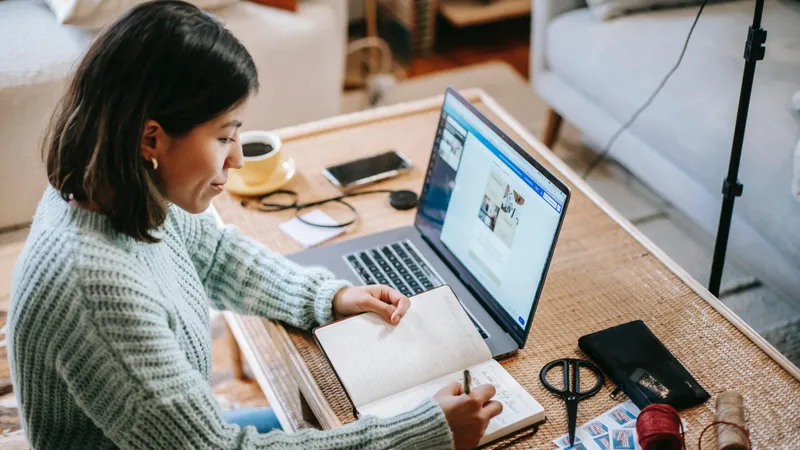Add, remove & assign phone numbers on demand
Manage, respond to, and share calls with your team
Send & receive any message you need to
Keep contact details in one place with a shared phonebook
For on-the-go teams to share messages, calls, and contacts
A full directory of all our included features

How to avoid distractions while working from home

It's a new reality for everyone. Working from places that are not designed for, well, work. As anyone who has done it knows, working from home means working with distractions. Learning how to avoid those distractions is crucial to productivity and overall wellbeing.
Homes are not constructed to be distraction-free zones. As businesses decide whether to let their staff work from home, it’s also important to help them create environments that will let them focus. Here are three ways in which you can better focus and avoid distractions at home.
1. Manage your information intake
We’re not living in an information age. We’re living in an age of information overload. What makes it particularly challenging is that the process of information delivery is frequent and doesn’t require your permission.
Information is constantly relayed through all the devices that you have access to, from television to smartphones to tablets to radio. Merely accessing it will exhaust you because the human brain can’t process all that information.
How to handle it: Don’t just switch off the television, unplug it. Give designated hours for information intake, ideally in the evening for half an hour (if it’s in the morning, it could be at the back of your mind).
2. Stay focused
If you want to increase your productivity while working from home, rule number one is to focus on the task at hand. To do that, the first thing you’ve got to understand is that some of the biggest companies in the world have a financial incentive in you not staying focused.
Social media is designed to be addictive. Their algorithms know what you would intuitively like and then keep suggesting content that you can’t resist. Importantly, with each piece of content that you like, share or just view, the system learns more to keep you hooked.
What you need to understand when working from home is that it might begin as a harmless push notification about a new email or someone tagging you on social media. But before you know, you would have gone from what you thought was a two-minute break to half an hour of mindless scrolling.
How to handle it: Disable all notifications. Use a Pomodoro tracker to have uninterrupted short sessions. Keep your mobile phone or tablet in another room during those periods. Use a second-line app with auto-reply. With such a work phone, you can mute your device while you concentrate on work.
3. Audit your time (and distractions)
Even with the best of intentions and awareness of all the distractions, it would be tempting to revert to your old habits. The way to avoid that is by doing an audit of how long you’re able to focus and what’s distracting you.
You should do such an audit daily and weekly. That’s because even the shortest of distractions can cost you. Once you start auditing your time, you’ll learn that they can cumulatively add up to close to two hours a day.
A time audit will tell you that, for example, although you’re finishing all the tasks for the day, you’re taking longer.
How to handle it: Use productivity apps for small businesses and entrepreneurs that let you track how you spend your time.
In short
It is not entirely possible to eliminate all distractions while working from home. But it is possible to mitigate and manage many of them and improve your focus.

Continue reading
What small businesses and their employees can do to make working from home less challenging and more productive
How to decide if working from home is right for your business and a practical way to implement it




